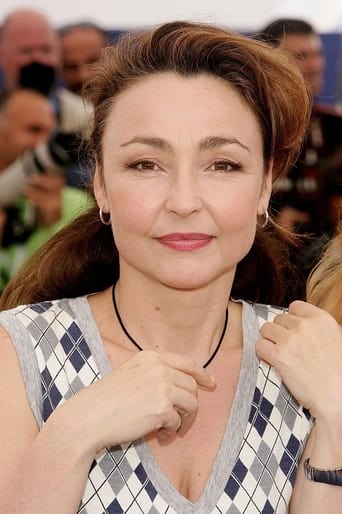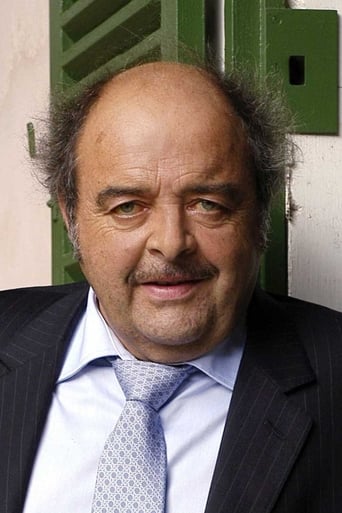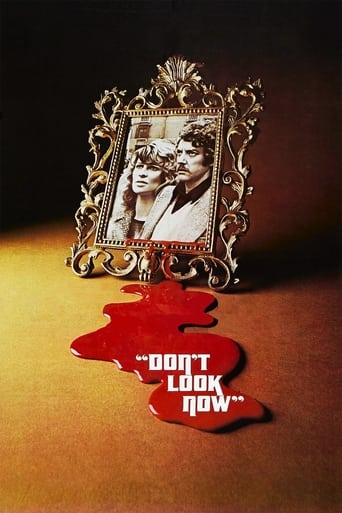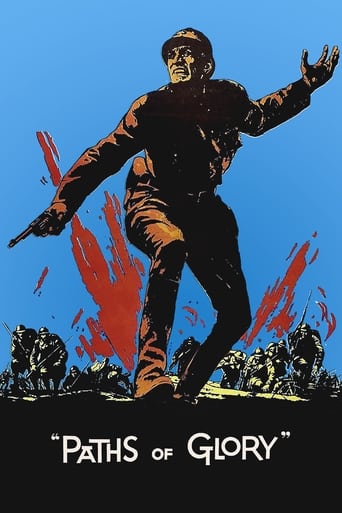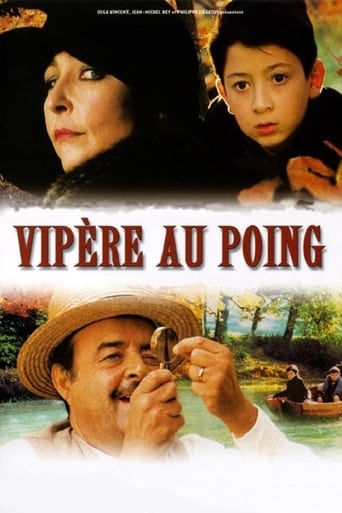
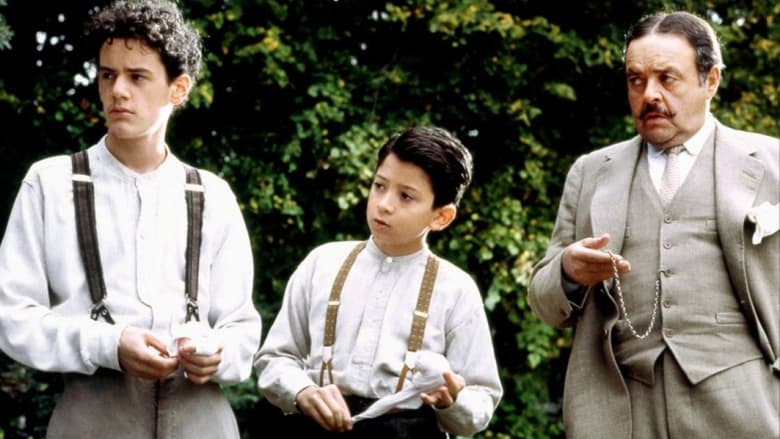
Viper in the Fist (2004)
1920. Jean Rezeau and his elder brother were living happily in their family estate in Brittany, until the death of their grandmother. The return of their mother, a worthy descendant of fairytales' witches, brings an all new atmosphere to their home.
Watch Trailer
Cast


Similar titles
Reviews
The Worst Film Ever
Highly Overrated But Still Good
Blistering performances.
An old-fashioned movie made with new-fashioned finesse.
I went to a great deal of trouble to purchase "Viper in the Fist" for one reason only. I'm a great fan of Philippe de Broca. To my astonishment, this wonderful movie far surpassed my expectations. I was aware, of course, from the credits that the screenplay was based on an autobiographical novel concerning three young boys who had a particularly cruel mother. This viper-in-the-midst made Cinderella's stepmother seem like a fairy princess. I have never in all my life seen such a cruel woman. She was really vicious. Not only did she assault her children physically, but she hired other people (particularly a vicious priest) to assault them as well. She would even injure herself and then falsely claim she was actually injured by one of the boys. In a really terrifying scene, she took the boys to a hideous prison and threatened to have them incarcerated. But that was the least of her cruel measures. The ways and means by which she would undermine the young boys psychologically and belittle them were absolutely hair-raising.Anyway, here is the really incredible thing. Gradually, very gradually, due entirely to the magnificent performance of Catherine Frot who plays the chillingly vicious, cold-hearted woman, we begin to feel an empathy for her. Everyone hates her, naturally (except for her somewhat feeble-hearted husband, plus a succession of stupid, worldly-minded priests drawn from a book in which the original author's anti-Catholic bias is all too apparent). As I say, due entirely to Frot's performance, although she doesn't relax in her viciousness one iota – in fact she gets worse as the film progresses – I began to feel sorry for her. I cried when she died. Frot's characterization is certainly the greatest piece of acting I've ever seen on the screen – or stage either.Perhaps I should not have been surprised that this magnificent movie copped so many unfavorable reviews. Just about all the angry comments stemmed from either the changes that director Philippe de Broca and producer Olga Vincent made in their screenplay or the more charitable or less scathing interpretation of Madame Hervé-Bazin by the remarkably skillful Catherine Frot. Most of these critics compared this film unfavorably with the 1970 TV version, made with Bazin's approval. But these critics all seem to miss the point. De Brocca is not seeking comparisons. He is simply using the novel as a point of departure for an engrossing movie, pervaded with the fascinating (if terrifying) atmosphere, the viewpoints and long-extinct class distinctions, which were all bound up in the sights and sounds of the 1920s. An auteur should be judged by what he puts on the screen, not for his fidelity (or otherwise) to his source material.
This is an appallingly inept film made by a production team who did not respect or even understand the source novel. It is a book about hate and poverty and pain. The whole point of the novel is that the mother corrupts the boy into being as slyly evil as she is. The director plays this as comedy! complete with dropped trouser gags, crass blue lighting, and ubiquitous crashes of thunder to complete the farce. The whole is completely miscast by a team of poor players who have the subtlety of sledgehammers. The film is full of crass moments which aren't in the book, such as the dreadful wink-wink wraparound. The ending has been changed! and made happy! Watch instead the 1971 version, which is true to the spirit and the themes of the original novel, with perfect settings and a magnificent cast, playing with the right amount of seething resentment and ripening rage. The only flaw with the 1971 film is that it is too short.
A good (but not great) adaptation of André Bazin's autobiographic novel which I urge all the users who saw the movie to read.Philippe de Broca does not feel at home in this gloomy story ,he who shines in comedies or adventures yarn ("Cartouche" "L'homme de Rio" ).And the made-for-TV version is imprinted in my memory as it must be in any French's.It had the definitive Folcoche (Folcoche= Folle Cochonne= Mad Swine):Alice Sapricht was so terrifying that any actress who would take on the part would be fatally compared to her.Catherine Frot does an okay job,but Folcoche was ,is and will always be Alice Sapricht whose ugliness worked wonders.On the other hand,I'm pleased to see that one of the late Villeret's last parts was worthwhile, a thousand miles from the obnoxious "Iznogood" .Good performances also come from English Cherie Lunghi ,Pszoniak and Paul Le Person.In the French literature ,"Vipère au Poing" recalls "Poil de Carotte".These two books feature the most terrifying mothers who ever were.And they were not invented.Both Bazin's and Jules Renard' moms were respectively Folcoche and Madame Lepic !
... or Every Home Should Have One, with apologies to John Steinbeck whose short story had nothing whatsoever to do with the autobiography of Herve Bazin which is the basis for this fine film. Catherine Frot is cast against type as the mother from hell and at times, especially when shot in extreme close up she actually contrives to LOOK like a snake. If, as I did, you see Frot in Les Soeurs Fachees, within twenty four hours you can't help marveling at her range but more of that when I get to The Angry Sisters. In his formative years Bazin lived with his grandmother because his parents were in Indo China and the film kicks off as the grandmother does and the parents return to France to take care of their two sons. Frot's complete lack of maternal instinct has to be seen to be believed as do her Draconian measures - no heat in the boy's bedroom in winter is only the beginning. It's tempting and easy to think that Frot based her characterization on Margaret Thatcher, there is the same coldness, the same aloof autocracy and it was Thatcher, of course, in her role as Minister for Education who famously discontinued the free school milk that children had enjoyed for years, earning her the well-deserved sobriquet Thatcher The Milk Snatcher. Jacques Villeret, also cast against type offers sterling support as the milquetoast husband but it is young Jules Sitruk, so good in Monsieur Batignole, who weighs in with a wonderfully assured performance as the rebellious son. It's difficult to find fault with anything from the acting to the attention to detail in the period setting. One to see again.


